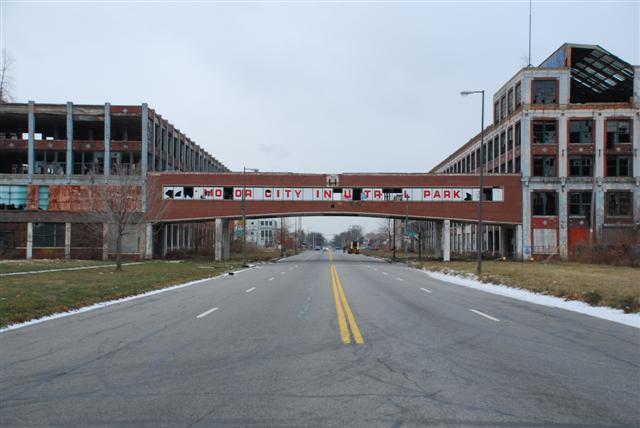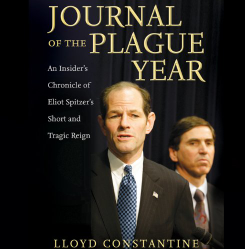 Trump’s presidency has already induced writers for television series like Homeland and Billions to incorporate Trumpian themes into their scripts. Serious artistic interpretations of this national crisis, that history will mark among America’s most perilous, may come in time. Until that happens, there will be a cottage industry searching for scholarship and art that predicted and explained the coming (now come) disaster. Nostradamus must have, since his million vaguely worded prognostications certainly included one for Trump as well as one for the election of Hillary.
Trump’s presidency has already induced writers for television series like Homeland and Billions to incorporate Trumpian themes into their scripts. Serious artistic interpretations of this national crisis, that history will mark among America’s most perilous, may come in time. Until that happens, there will be a cottage industry searching for scholarship and art that predicted and explained the coming (now come) disaster. Nostradamus must have, since his million vaguely worded prognostications certainly included one for Trump as well as one for the election of Hillary.
One serious work that eerily foreshadowed Trump’s election is the now widely quoted (including below) “Achieving Our Country” the late Richard Rorty’s 1998 philosophical critique of the American political left.
Richard Rorty
“[M]embers of labor unions, and unorganized unskilled workers, will sooner or later realize that their government is not even trying to prevent wages from sinking or to prevent jobs from being exported. . . At that point, something will crack. The nonsuburban electorate will decide that the system has failed and start looking around for a strongman to vote for. . . One thing that is very likely to happen is that the gains made in the past forty years by black and brown Americans, and by homosexuals, will be wiped out. Jocular contempt for women will come back into fashion . . . All the resentment which badly educated Americans feel about having their manners dictated to them by college graduates will find an outlet.”

Lynn Nottage
And now, the reputedly prophetic work of the moment, Lynn Nottage’s 2015 play “Sweat,” that opened on Broadway last week. It’s receiving glowing, bordering on slobbering reviews from liberal arbiters of culture, such as David Remnick, Editor of The New Yorker. Remnick interviewed Pulitzer Prize winner Nottage on The New Yorker Radio Hour the day after he saw the show at Studio 54. The perfect venue for ites from Manhattan and the suburbs to seek insight into the despair of factory workers in Redding, Pennsylvania, whose jobs were sent to Mexico as a result of NAFTA.
Sweat is set, and careens back and forth from 2000, as the plants begin closing, and 2008 when we revisit the devastated workers in the style of Michael Moore’s portrayal of Flint, Michigan in “Roger and Me.”
Sweat’s cast of victims include three plant worker-women who have been best friends in and outside work for more than 20 years. Two are white and one black. Also, the grown sons of two of the women – one white and one black and also, the black woman’s estranged and inebriated husband, a good guy white bartender, an American born young man of Columbian descent, assumed by all (the whites) to be Mexican and a good guy black parole officer assigned to supervise the mess in 2008.
No spoiler alert for how it all goes to hell in 2000 nor specifics of the 2008 devastation – but it wouldn’t matter if I gave you details. As the action unfolds, not one thing that happens will surprise, create wonder nor provide insight. I will report that it takes less than a New York Minute for the white workers to turn with racist vitriol on their black bestie after she is promoted on the eve of the plant layoffs. And it takes even less time, nanoseconds, for all the workers to become flat broke. That is after they have worked more than 20 years at well-paying jobs. In her New Yorker interview Nottage pegged their pay rate at $35 to $40 per hour in the year 2000. Every character is a caricature.
If I wanted to motivate the people of the Reddings, Flints, Wheeling West Virginias or Gary Indianas to vote for Trump again, I would have them see “Sweat” and tell them that it was written by Democrats who love it.




0 Comments